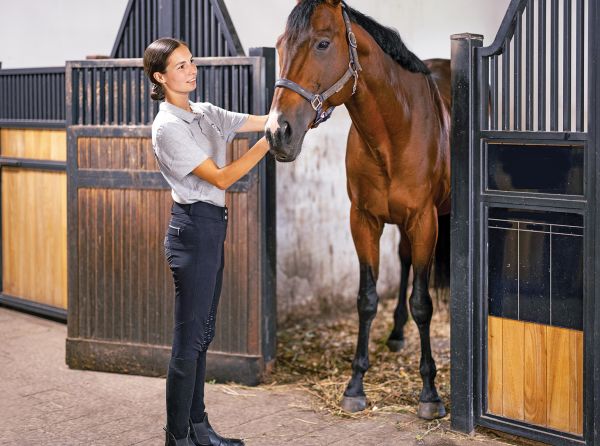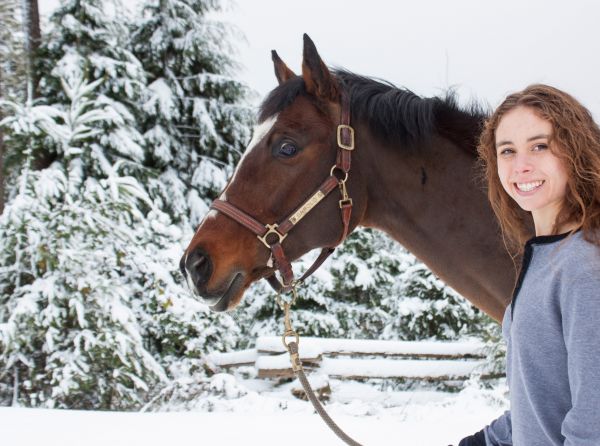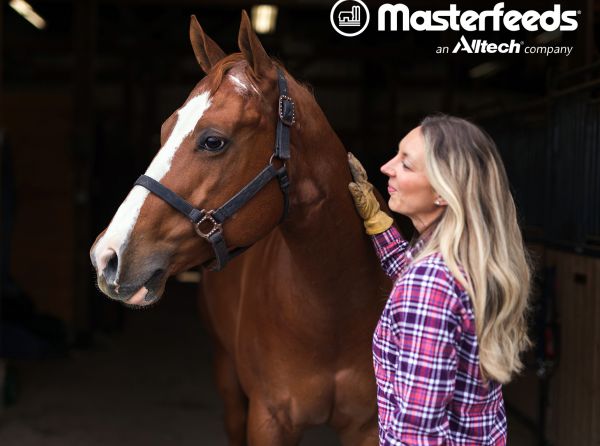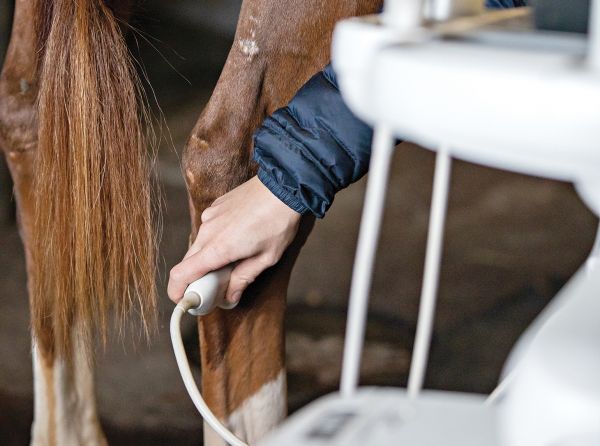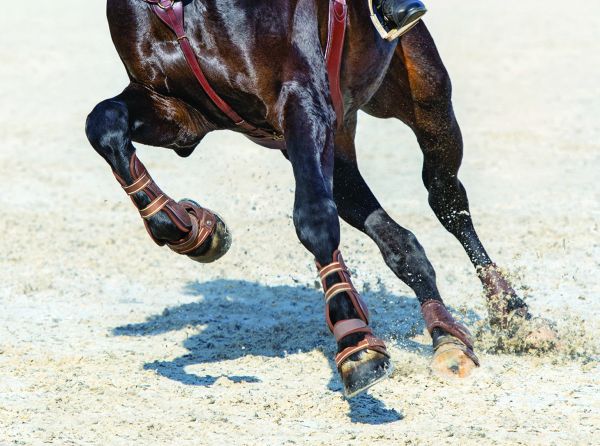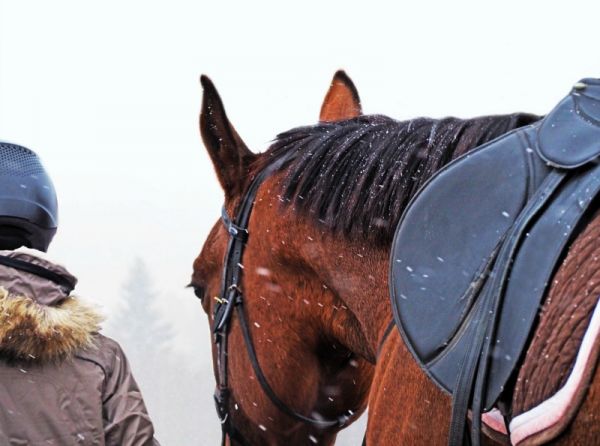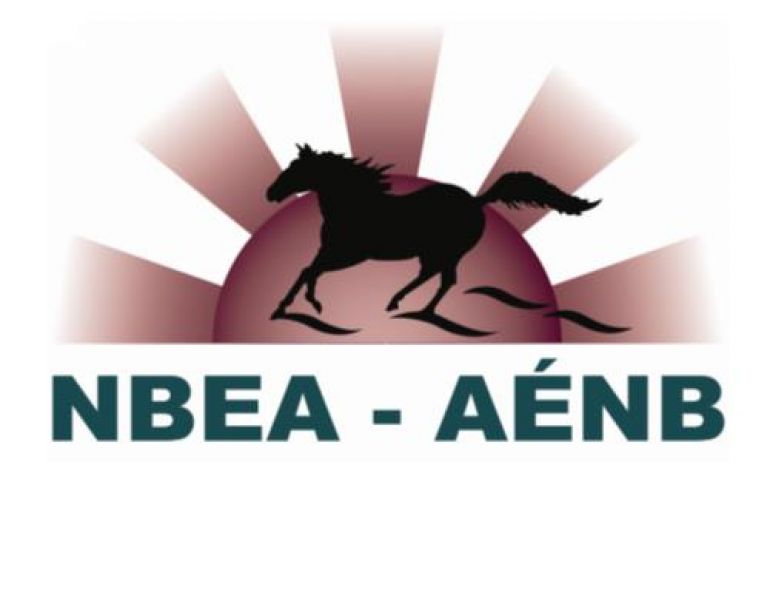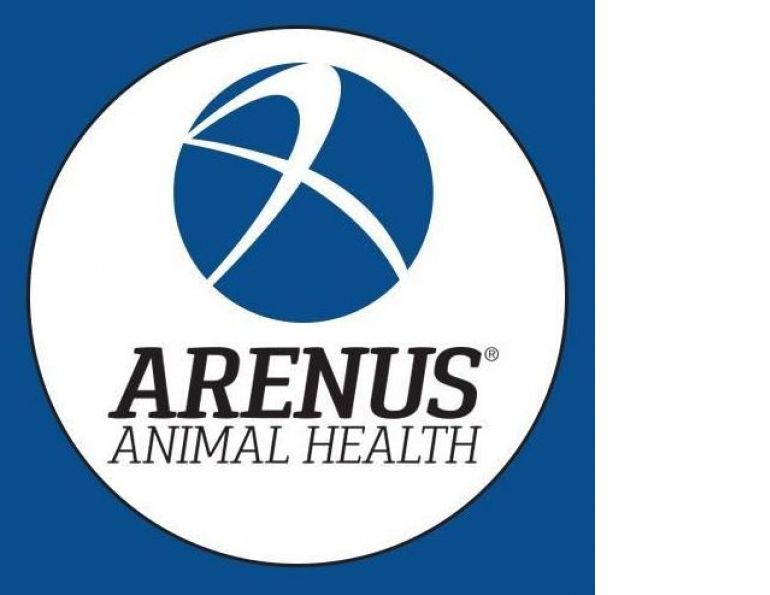By Lynne O’Brien, Executive Director, Sunrise Therapeutic Riding & Learning Centre (former CanTRA ED)
At Therapeutic Riding centres across Canada, children and adults with special needs arrive for their weekly riding lessons. Riders are greeted by their instructor and their volunteer leader and side-walkers. On the same horse each week, riders have a happy reunion with “their horse.” Team members remain consistently the same as they build a rapport with the rider for the best possible therapeutic outcomes.
This therapeutic riding team works its magic with children and adults representing a wide range of physical, cognitive, and emotional special needs. The horse is a powerful motivator and at therapeutic riding centres remarkable things happen every day.

A CanTRA Team led by Instructor Camilla Giffen, CTRII, EC Competition Coach Specialist (EC Coach 2)
Therapeutic Riding Instructors
The Canadian Therapeutic Riding Association (CanTRA) trains and certifies instructors in preparation for their work with children and adults with special needs. There are three levels of instructor certification (see right) and a mentorship program to support instructors-in-training. Certified by both CanTRA and Equestrian Canada, therapeutic riding instructors work closely with consultant occupational therapists, physiotherapists, and speech language pathologists to set therapeutic goals. CanTRA instructors bring a high level of professionalism and skill to their team leadership.
CanTRA Instructor Certification:
- CTRBI/BI-2 — Canadian Therapeutic Riding Basic Instructor
- CTRII — Canadian Therapeutic Riding Intermediate Instructor
- CTRSI — Canadian Therapeutic Riding Senior Instructor
The Volunteers
Therapeutic riding centres are almost always nonprofit organizations and/or registered charities with a small staff. They rely on volunteers to assist with program delivery as leaders and side-walkers, as well as with farm property maintenance, office tasks support, and fundraising. But volunteers provide much more than helping hands. The commitment and passion they bring to their volunteerism infuses the program with a sense of community and joyfulness. Volunteers unfailingly say they receive much more than they give through the meaningful connections they make as part of a therapeutic riding team.
Special Therapy Horses
The acute awareness of horses makes them exceptional teachers, and therapy horses in particular are chosen for their steady, gentle temperaments. The foundation of therapeutic riding, these intuitive animals build relationships with their riders.

Jack
On a summer day at a therapeutic riding centre in southwestern Ontario, a young participant arrived for day camp. It was his first day and this little six-year-old boy with special needs was filled with anxiety and would not get out of the car.
Family members and centre staff worked to reassure him. Almost three-quarters of an hour later, moving across the barnyard very tentatively, this camper crossed paths with the therapy horse, Jack, who was being led into the barn. Jack stopped and gently stroked his big head alongside the boy’s arm. Jack stood and watched the little boy for a while until the youngster had the courage to raise his hand to touch him. Suddenly, “bye mom!” and Jack and his new friend entered the barn together.
As with most therapeutic riding horses, Jack just knew what was needed that day.
Photos courtesy of CanTRA
Main Photo: Lesson Volunteers bring commitment and joy to their programs

















